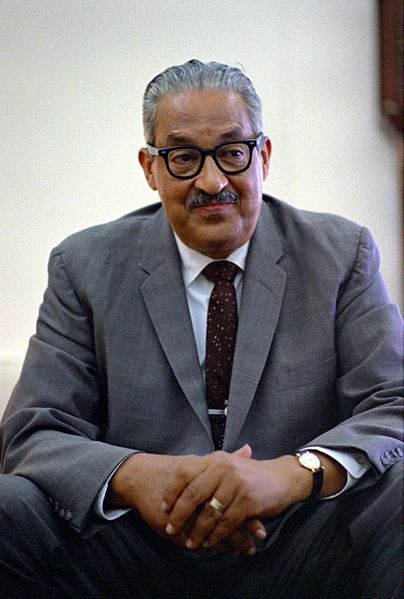
Image by slgckgc, taken on February 8, 2010. No changes were made. Licensed under CC by 2.0.
Valentine’s Day is all about love, and this starts with finding the right match. This can apply in relationships, friendships, or… legal research strategies?
Legal research might not seem like the most romantic subject at first, but like any great relationship, it requires time, patience, communication, and a little bit of effort. This Valentine’s Day, let’s look into skills that may help in love and the law. Who knows—legal research might just be your perfect match!
1. Communication is Key
In a relationship, you’ve got to ask the right questions to understand your partner. The same goes for legal research. Before you start digging through Westlaw or Lexis, ask yourself:
What is the specific legal issue I’m researching?
What jurisdiction is relevant for my search?
Am I looking for case law and precedent or a more general overview?
Being clear about your research goals before you dive in is like having an honest conversation with your research “partner” before things get serious. This will not only save you a lot of time, but will also guide you on where to start your search for the perfect match.
2. Effort and Patience: It’s Not a Fling
You know that instant spark people sometimes talk about? Well, legal research isn’t usually like that—it takes time and patience. You might not fall in love with the first case you find. Just like dating, it may take a few tries to get in right. Maybe you need to sort through citing decisions or follow a trail of precedent.
If you aren’t feeling any chemistry at first, specialized tools on Westlaw and Lexis can help you find “the one.” Headnotes on Westlaw offer summaries and additional sources for specific legal issues, and Ravel View on Lexis connects all cases from your search to show you how seminal a case is (size of a circle), when it was decided (horizontal timeline), jurisdiction (vertical axis), and a decision’s relevance to your search (circle height).
3. Respect: Recognizing the Value of Secondary Sources
In any healthy relationship, both partners have to respect each other’s strengths. In legal research, secondary sources (like treatises and law review articles) provide valuable context and guidance, giving an overview of a legal topic and explaining things in a more accessible way.
When you’re looking at primary law, treat it as your partner—but, the same way you don’t drop your friends when you get into a relationship, never neglect the role of secondary sources! They can help you get to the root of complex issues, summarize legal points, and provide clarity before you dive into the details.
4. Flexibility: Be Open to Change
Sometimes, your research path will take an unexpected turn, much like any relationship. You might find a piece of case law that completely undermines your argument. You might start researching with one focus and realize halfway through that there’s a better way to approach it.
Being flexible with your research strategy is key. If the case law doesn’t say what you thought it would, don’t try to morph it to fit your argument. Instead, reframe your point so the law is on your side. Don’t be afraid to pivot your search as you gather more information, just like you’d reevaluate your relationship when it needs some growth.
5. The Power of Support
In any successful relationship, support is essential. The same is true for persuasive reasoning. You can’t expect your arguments to hold weight without proper support. In law, that support comes in the form of citations. Every claim you make needs to be backed up by a solid source. Citations are your “support system”—without them, your argument falls flat, just like a relationship without trust.
You wouldn’t want your partner to jump to conclusions, so don’t expect your professor (or a judge) to accept your conclusions without a citation to back them up. Every good argument—and relationship—needs that rock-solid foundation to thrive.
Loving the Law
This Valentine’s Day, give your legal skills a little love by cultivating a deeper connection with research. And remember: like finding the one, great research takes time, effort, and patience.













You must be logged in to post a comment.